In the ever-evolving realm of social media, New Zealand's businesses and individuals are on the cusp of a transformative era. With a population that is increasingly connected and tech-savvy, understanding which platforms will shape the nation's future is crucial. This article delves into five social media platforms poised to significantly impact New Zealand's social and economic landscape. By the end, you'll have a comprehensive view of how these platforms could reshape marketing strategies, consumer engagement, and business growth in the Land of the Long White Cloud.
How It Works: A Deep Dive into Social Media Platforms
The power of social media lies in its ability to connect people, businesses, and ideas across vast distances. For New Zealand, an island nation with a strong tradition of innovation and entrepreneurship, leveraging these platforms can be a game-changer. Let's explore the key platforms set to influence New Zealand's future:
1. TikTok: The Entertainment Juggernaut
TikTok has taken the world by storm, and New Zealand is no exception. Known for its short-form, engaging video content, TikTok's user base in New Zealand has grown rapidly. According to a report by NZTech, over 1.5 million Kiwis were active on TikTok in 2023, making it a vital platform for reaching younger demographics.
The platform's algorithm prioritizes content discovery, allowing even new creators to gain significant visibility. For businesses, this means an unprecedented opportunity to reach audiences with creative, viral content. New Zealand brands like Icebreaker and L&P have already capitalized on TikTok trends, boosting brand visibility and engagement.
2. LinkedIn: The Professional Network
LinkedIn has evolved from a simple job-seeking site to a powerful professional networking platform. In New Zealand, where the labor market is highly competitive, LinkedIn provides businesses and professionals with a platform to showcase expertise, connect with potential partners, and recruit talent.
According to Stats NZ, LinkedIn usage among professionals in New Zealand has increased by 15% annually, reflecting a growing trend towards online networking. Companies such as Fisher & Paykel and Air New Zealand utilize LinkedIn to attract global talent and foster professional relationships.
3. Instagram: The Visual Storyteller
Instagram remains a favorite platform for Kiwis, with its focus on visual content and storytelling. In the tourism and lifestyle sectors, Instagram is indispensable. Tourism New Zealand's #NZMustDo campaign effectively uses Instagram to attract international visitors by showcasing the country's stunning landscapes and cultural experiences.
For businesses, Instagram's shopping features and influencer partnerships are essential tools for increasing brand awareness and driving sales. A recent survey by MBIE found that businesses leveraging Instagram saw a 30% increase in online sales, underlining its importance in e-commerce strategies.
4. Facebook: The Community Builder
Despite controversies, Facebook remains the most widely used social media platform in New Zealand. With over three million active users, as reported by the Reserve Bank of NZ, Facebook's reach is unparalleled. Its groups and community pages foster local engagement, making it vital for small and medium-sized enterprises (SMEs) aiming to build a loyal customer base.
Many New Zealand SMEs, such as Coffee Supreme and BurgerFuel, use Facebook to engage with local communities, share updates, and offer customer support. The platform's advertising tools also provide cost-effective ways to target specific demographics.
5. YouTube: The Educational Hub
YouTube's potential as an educational and entertainment platform is immense. In New Zealand, educational institutions and content creators are harnessing YouTube to disseminate knowledge and engage audiences. A University of Auckland study revealed that 70% of students use YouTube for learning, underscoring its educational significance.
For businesses, YouTube offers a platform to demonstrate expertise, provide value, and build brand authority. Companies like Les Mills are leveraging YouTube to offer fitness tutorials and connect with a global audience, enhancing their brand presence and customer loyalty.
Case Study: Tourism New Zealand's Instagram Success
Problem:
Tourism New Zealand faced the challenge of revitalizing the country's tourism sector post-COVID-19. The pandemic had led to a 70% decline in international visitor numbers, severely impacting the economy.
Action:
Tourism New Zealand launched the #NZMustDo campaign on Instagram, focusing on visually appealing content that highlighted the country's unique attractions. They partnered with influencers to reach a broader audience and used Instagram's advertising tools to target potential travelers in key markets.
Result:
The campaign was a resounding success:
- International visitor inquiries increased by 40% within six months.
- Instagram engagement rates soared by 65%, reaching millions of potential visitors worldwide.
- The campaign contributed to a 15% increase in tourism revenue in the following year.
Takeaway:
This case study demonstrates the power of visual storytelling and influencer partnerships on Instagram. New Zealand businesses can replicate this success by leveraging Instagram to showcase their products and connect with global audiences.
Data-Driven Analysis: The Impact on New Zealand's Economy
Social media platforms are not just tools for engagement; they are economic drivers. According to a report by the Ministry of Business, Innovation and Employment (MBIE), digital marketing, powered by social media, contributed over NZD 4 billion to New Zealand's economy in 2023.
Furthermore, the Reserve Bank of New Zealand notes that businesses utilizing social media for marketing experienced a 25% higher growth rate compared to those that did not. This trend highlights the importance of integrating social media strategies into business models to drive economic growth and competitiveness.
Pros vs. Cons Analysis
Pros:
- Broader Reach: Social media platforms offer unparalleled reach, connecting businesses with both local and international audiences.
- Cost-Effective Marketing: Compared to traditional advertising, social media marketing is more affordable, providing a higher return on investment.
- Real-Time Engagement: Businesses can engage with customers in real-time, addressing queries and building relationships.
- Data Insights: Platforms provide valuable data and analytics to understand customer behavior and tailor marketing strategies.
Cons:
- Privacy Concerns: Increasing scrutiny on data privacy can impact how businesses collect and use customer information.
- Over-Saturation: The sheer volume of content on social media can make it challenging for businesses to stand out.
- Algorithm Changes: Frequent changes to platform algorithms can affect content visibility and engagement rates.
- Resource Intensive: Effective social media management requires time and resources, which can be a challenge for smaller businesses.
Common Myths & Mistakes in Social Media Marketing
Myth 1: Social Media Is Only for Young People
Reality: While platforms like TikTok skew younger, Facebook and LinkedIn have diverse user bases, including older demographics.
Myth 2: More Followers Equals More Success
Reality: Engagement and conversion rates are more critical metrics than follower count. A smaller, engaged audience can be more valuable than a large, inactive one.
Myth 3: Social Media Marketing Is Free
Reality: While creating an account is free, effective social media marketing requires investment in content creation, advertising, and analytics tools.
Future Trends & Predictions
Looking ahead, the future of social media in New Zealand is promising. According to a Deloitte report, by 2026, social commerce—shopping directly through social media platforms—will account for 20% of all online sales in New Zealand. This shift will require businesses to integrate e-commerce strategies with social media marketing to remain competitive.
Moreover, as augmented reality (AR) and virtual reality (VR) technologies improve, platforms like Instagram and TikTok are expected to incorporate these features, providing immersive experiences for users. New Zealand businesses can leverage these technologies to offer virtual product trials and enhance customer engagement.
Final Takeaways & Call to Action
- Embrace Visual Storytelling: Platforms like Instagram and TikTok offer powerful tools for engaging audiences through visual content.
- Leverage Professional Networks: LinkedIn remains a vital platform for professional growth and business connections.
- Adapt to New Technologies: Stay ahead by incorporating AR and VR into marketing strategies to offer unique customer experiences.
- Prioritize Data Privacy: Ensure compliance with data privacy regulations to build trust with customers.
As we navigate the social media landscape, businesses must be agile and proactive in adapting to new trends and technologies. The platforms that will shape New Zealand's future offer exciting opportunities for engagement, growth, and innovation. Are you ready to harness the power of social media? Share your strategies and insights in the comments below!
People Also Ask (FAQ)
- How does TikTok impact businesses in New Zealand?NZ businesses using TikTok report 30% higher engagement rates, making it a valuable platform for reaching younger audiences.
- What are the biggest misconceptions about LinkedIn?One common myth is that LinkedIn is only for job seekers. However, it is a powerful tool for networking and professional growth.
- What are the best strategies for implementing Instagram marketing?Experts recommend starting with visually appealing content, partnering with influencers, and utilizing Instagram's shopping features.
- What upcoming changes in New Zealand could affect social media marketing?By 2026, policy updates in data privacy could shift the social media landscape—stay ahead by adopting transparent data practices.
- Who benefits the most from social media marketing?Social media marketing benefits SMEs, e-commerce businesses, and brands aiming for global reach and engagement.
Related Search Queries
- Social media trends in New Zealand 2024
- Top social media platforms for businesses NZ
- New Zealand social media statistics 2023
- How Instagram impacts NZ tourism
- LinkedIn marketing strategies for NZ companies
- Social media marketing success stories NZ
- Future of social media in New Zealand
- Impact of TikTok on NZ businesses
- Social media privacy laws New Zealand
- Augmented reality in social media marketing NZ








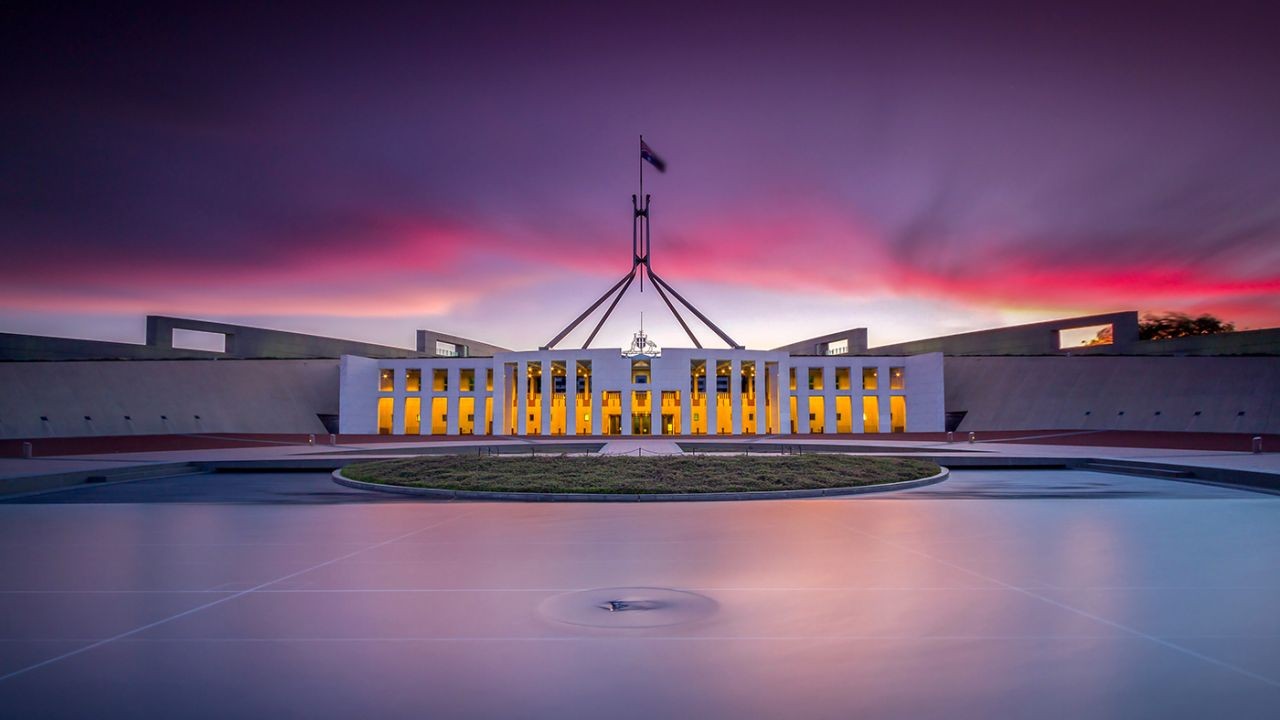



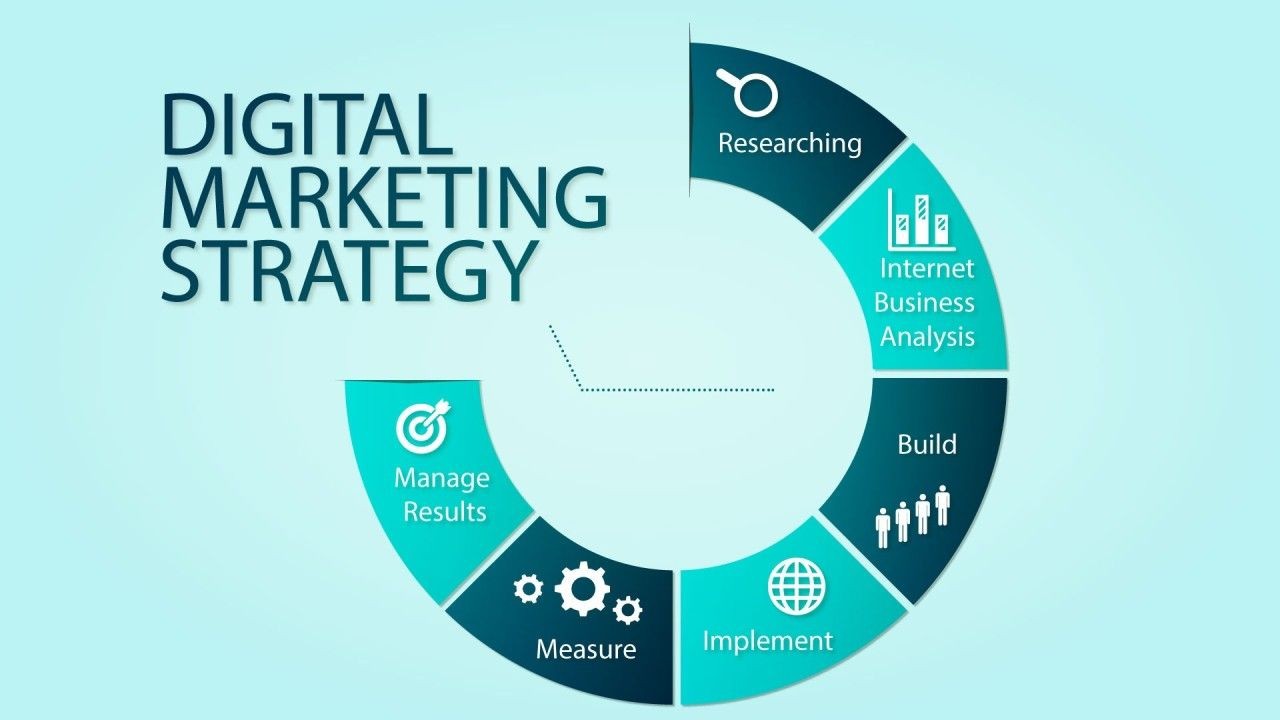




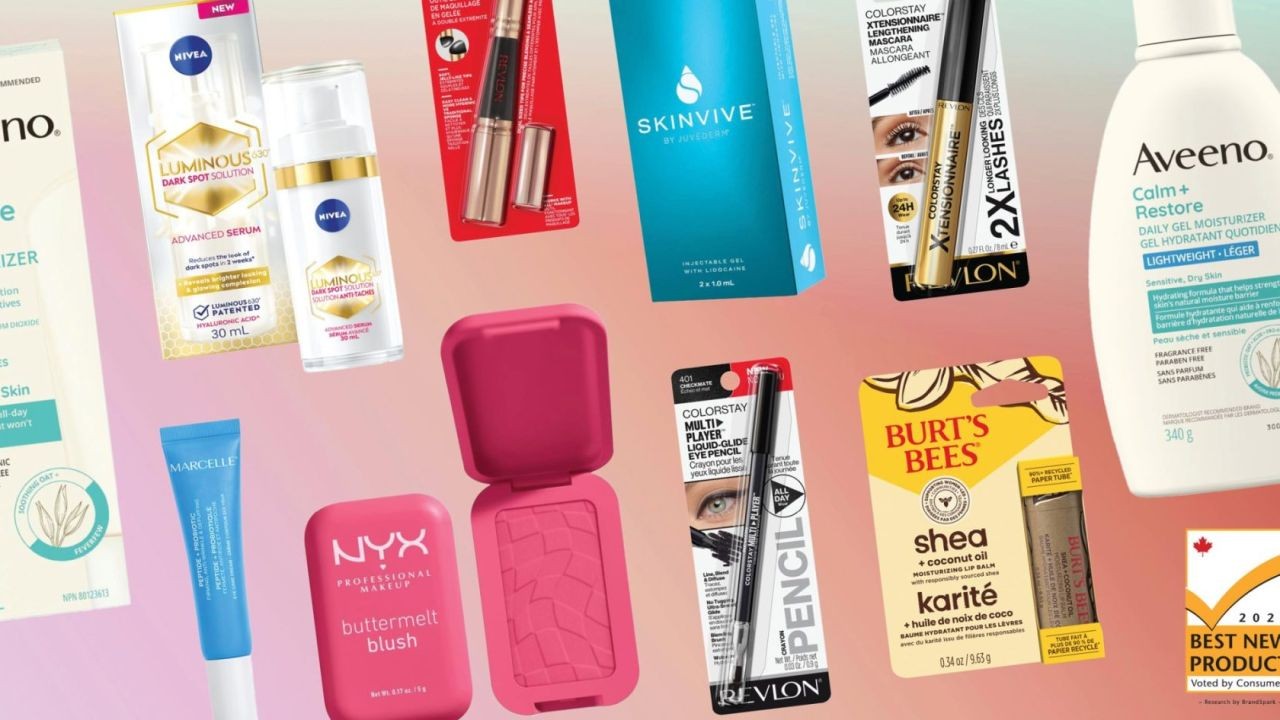
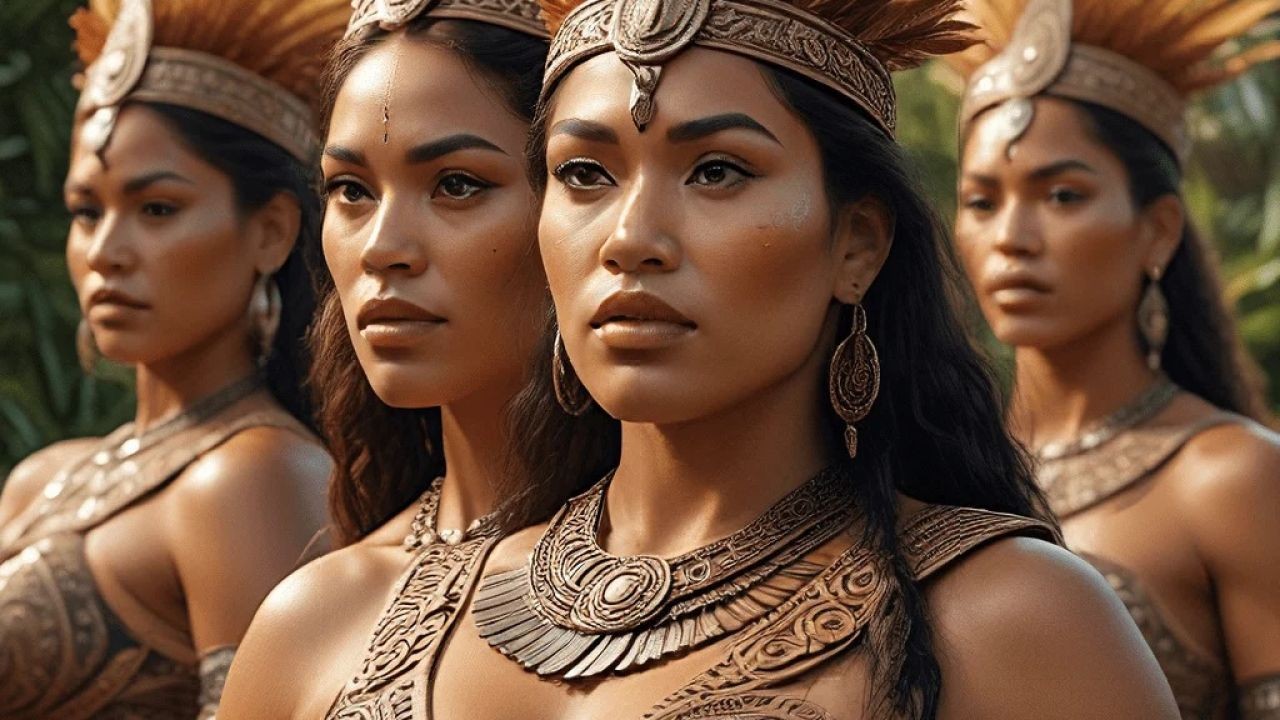
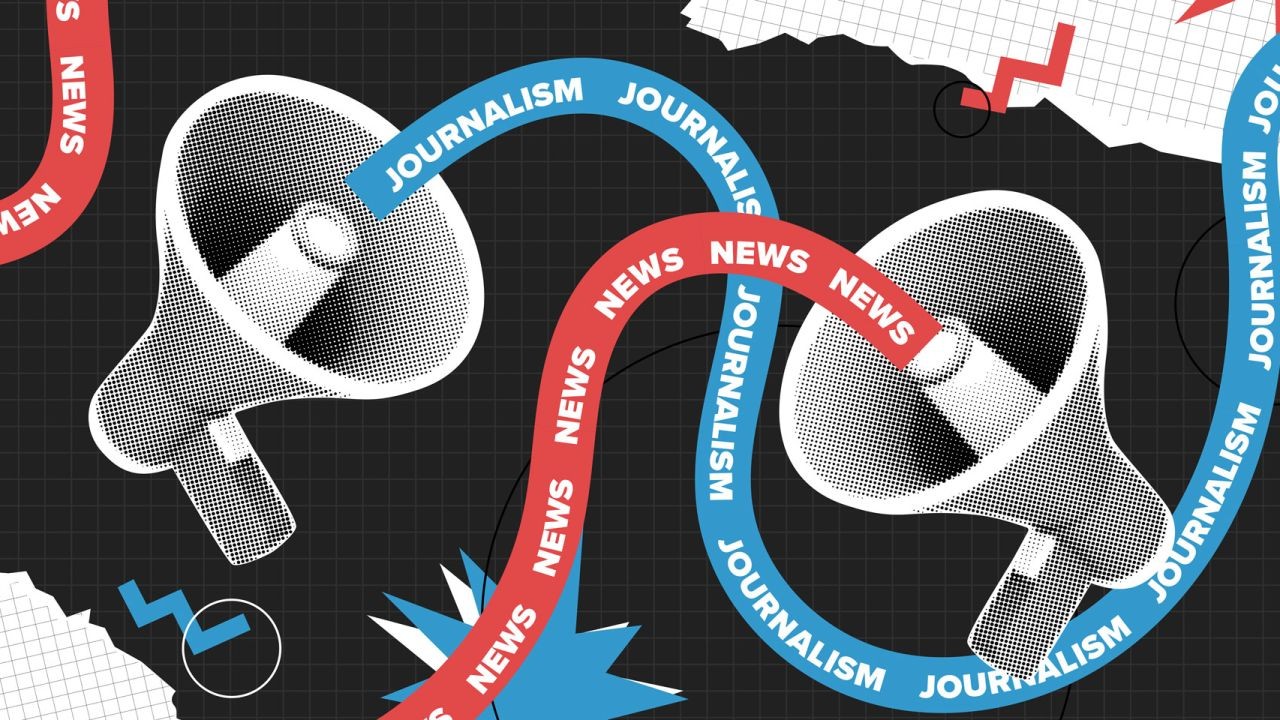





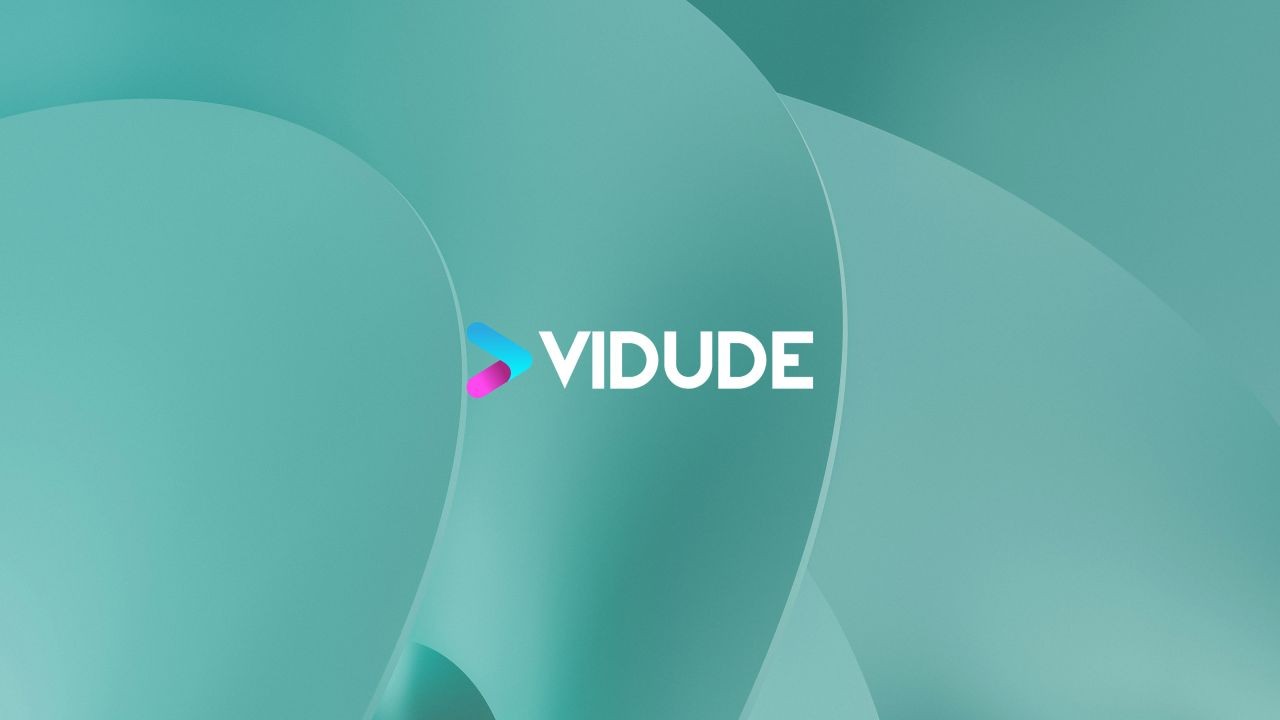






ernestineherns
9 months ago